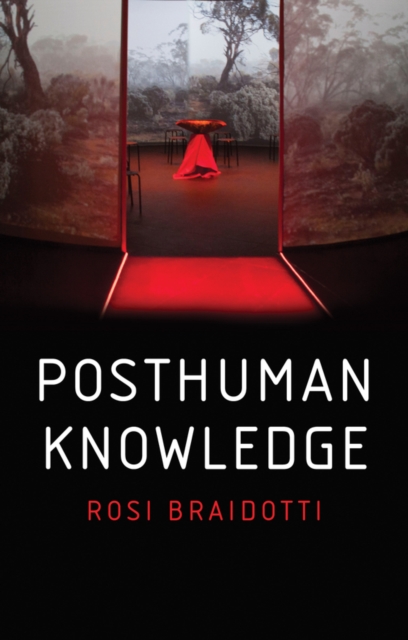CITESTE MAI MULT
Detalii
Descriere RO
The question of what defines the human, and of what is human about the humanities, have been shaken up by the radical critiques of humanism and the displacement of anthropomorphism that have gained currency in recent years, propelled in part by rapid advances in our knowledge of living systems and of their genetic and algorithmic codes coupled with the global expansion of a knowledge-intensive capitalism.
In Posthuman Knowledge, Rosi Braidotti takes a closer look at the impact of these developments on three major areas: the constitution of our subjectivity, the general production of knowledge and the practice of the academic humanities. Drawing on feminist, postcolonial and anti-racist theory, she argues that the human was never a neutral category but one always linked to power and privilege. Hence we must move beyond the old dualities in which Man defined himself, beyond the sexualized and racialized others that were excluded from humanity. Posthuman knowledge, as Braidotti understands it, is not so much an alternative form of knowledge as a critical call: a call to build a multi-layered and multi-directional project that displaces anthropocentrism while pursuing the analysis of the discriminatory and violent aspects of human activity and interaction wherever they occur.
Situated between the exhilaration of scientific and technological advances on the one hand and the threat of climate change devastation on the other, the posthuman convergence encourages us to think hard and creatively about what we are in the process of becoming.
EdituraJohn Wiley and Sons Ltd
Dimensiuni215 x 168 x 18
Data Publicarii28/06/2019
Format
Necartonata
Numar pagini210
Aceasta este o carte in limba engleza. Descrierea cartii (tradusa din engleza cu Google Translate) este in limba romana din motive legale.
Intrebarea despre ceea ce defineste umanul si despre ceea ce este uman in ceea ce priveste stiintele umaniste a fost zdruncinata de criticile radicale ale umanismului si de deplasarea antropomorfismului care au castigat valoare in ultimii ani, propulsate partial de progresele rapide in sistemele vii si ale codurilor lor genetice si algoritmice cuplate cu expansiunea globala a unui capitalism intensiv in cunoastere.

